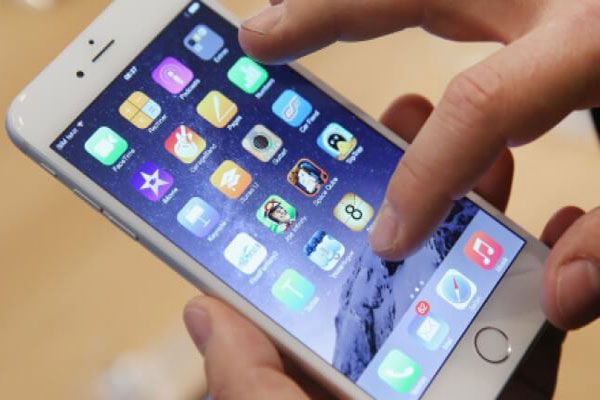A lawsuit charging Apple with iPhone app monopoly
The 9th U.S. Circuit Court of Appeals has governed that consumers can now sue Apple for the grievance of monopoly in the way it operated its business at the App Store. The court has completely reversed a district court’s divergence of an antitrust grievance, one of the remarkable class-action suits against the company.
The decision derived from a case filed last 2011 wherein a few iPhone users complained that the company’s rule of having the device run apps that are available solely in the Apple marketplace is anti-competitive. This covered the years 2007 through 2013.
The lower court’s divergence, which has been the subject of the appeal, was based on the argument that the complaint desiderates legal standing. It has given Apple’s position merit, which held that customers are purchasing apps from developers and that its role is equivalent to a building owner, renting out spaces to its dweller.
According to the appellate court, the dynamics of the transactions transpiring in the App Store is identical to the condition so that users are purchasing directly from Apple. Aside from the fact that Cupertino is transacting with customers rather than the developers, one should note that Apple itself pocket a cut when an app gets sold.
To be clear, the appeals court only derived on the issue of whether the public has the right to sue Apple. It still not resolves Cupertino’s responsibility in the antitrust charge. At this point, the court has only narrated that the procedural character of the case is complex. It has marked, however, how the Apple ecosystem is closed and restrictive.
The latest ruling has not achieved any momentous landmark in the way Apple is supposed to govern its interest at the App Store. It has simply opened the company to a legal challenge that could take years before it is resolved. But if the judicial system finds that Apple’s norm is indeed anti-competitive, then that fruits will be quite dramatic.
The clear solution is to oblige Apple to let people shop for applications wherever they want, which would open the market and help lower prices or The other switch is for Apple to pay people damages for the higher than competitive prices they’ve had to pay historically because Apple has utilized its monopoly.
Apple has not exempted any statement on the issue so far. It has also faced several antitrust lawsuits involving its products such as the iPhone as well as its alleged eBook price-fixing.

Leave a Comment